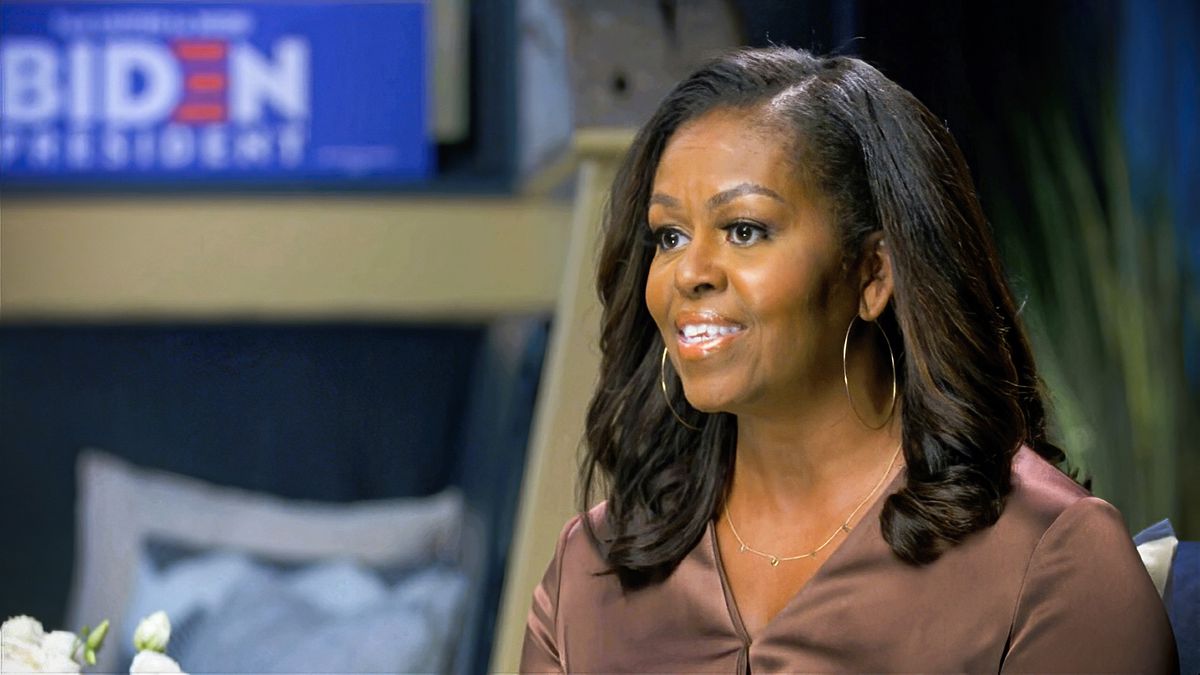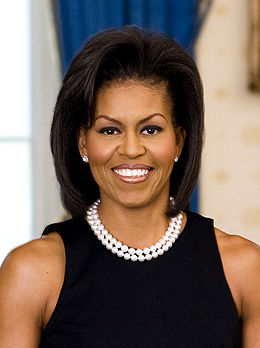Oppression and Independence, Through My 13-Year-Old Eyes
June 15, 2016
When my family's world was turned upside down.
Every year, we gather to commemorate our independence. This year, however, we made the decision to slightly change how we observe this occasion, by recalling how difficult it was to obtain the freedom we now enjoy.
Let us remember: It has only been a little over a generation since a government led by a Filipino curtailed the freedom of their fellow Filipinos.
As we look back to the past, I urge everyone to look at things, and understand them, through the eyes of a 13-year-old—my age at the time—who experienced the following events.
Before Martial Law was declared, my father was fulfilling his responsibilities as a Senator of our nation. He was among the leaders of the opposition against Mr. Marcos—all of whom courageously criticized misgovernance. There were many who believed that if my father had been given the chance to become the candidate of his party, he would certainly have become president of the Philippines.
But my family’s world turned upside down in the early hours of September 23, 1972. While my father was at a bicameral conference in the Manila Hilton, which is now known as the Manila Pavilion, he was arrested. This was followed by the arrest of many others, including Senator Jose Diokno.
They were first brought to Crame, and after a few days, moved to Fort Bonifacio. After a few months, we were suddenly banned from visiting him. We had no news of my father. We did not know if he was dead or alive.
What made matters worse was that there were those who took advantage of the situation, and gave our family and the Dioknos wrong information as to where our fathers were in those days. We continued like this until one day, an army truck arrived, to return my father’s belongings—even his toothbrush.
My mother asked: “Why are you returning this?” They simply replied: “It’s no longer needed.” We had to think: When would someone ever stop needing a toothbrush? That was how frightened and worried we were.
We appealed to the Supreme Court to allow us to visit our father. Every day, we would go to Fort Bonifacio to find out what was happening, in the hopes that we would see him. Until one day, the military told us to follow them. We did not know where we were going, and when we asked, the only answer we received was: “Just follow us.”
From Fort Bonifacio, we joined a convoy following a military truck, travelling farther and farther away from Metro Manila. It was night when we arrived at a camp. Once we entered it, we were brought to another, far-off, secluded area following a dirt road, until we finally arrived at another camp within the camp—this one, enclosed by barbed wire and sawali matting. We felt as if we were in a concentration camp. The people who met our arrival looked different; we could not even be sure that they were soldiers. If, in Fort Bonifacio, the soldiers on duty looked very professional; here in this camp, their hair was long, and they were dressed like civilians.
When we were able to enter the camp, the Diokno family was the first to be allowed to see their father. The Diokno clan is known for their courage. You can imagine our shock—how much more worried we became—when we saw almost all of them in tears after visiting their father. We asked ourselves then: What did they see that caused them to react that way?
When our family was finally allowed to see our father, we were immensely shocked when we came face to face with him; we could barely recognize him. Before Martial Law, my father was a rather portly man, always well-groomed. When we saw him at the camp, he was unshaven. He had to hold on to his pants to keep them from falling, because he had lost so much weight.
Upon seeing him, we felt a mix of sadness and happiness—we were sad to see his plight, and happy that we were reunited.
It was then that he narrated to us what had happened. The dictator allegedly became angry because an article written by my father criticizing Martial Law had been smuggled out of the country and published in the Bangkok Post. Because of this, he and Senator Diokno were secretly moved out of Fort Bonifacio, and into Fort Magsaysay. They were handcuffed and blindfolded. With a gun pointed at their sides, they were made to board separate helicopters and brought to this camp.
In this prison, they took away all his possessions, even removing his glasses. My father was near-sighted, and needed to wear his glasses at all times. If these were removed, he became dizzy very quickly and suffered from headaches. Apart from this, they took his watch so that he could not keep track of time. The only things left to him: two undershirts and two pieces of underwear.
His cell was painted white: white floors, white ceiling, white walls. It was very hot where he was imprisoned, where even all the windows were covered with plywood. I even remember: even if it was nighttime when we visited, the wall beside the door leading out of their cell, against which I leaned, was still very hot.
My father told us he had no one to talk to; he and Senator Diokno would take turns singing the “Lupang Hinirang,” and “Bayan Ko” to learn whether the other was still alive. Here in this cell, my father prayed fervently to God and to the Virgin Mary to once again see his family, even if it would be the last time.
It was at that meeting when he told me, his only son at thirteen years of age, that I was responsible for my mother and my sisters. I ask you to put yourselves in my situation: Do you understand what was going through the mind of a 13-year-old boy who had no means, no power, and yet, was entrusted with this great responsibility by a father who seemed to be saying goodbye?
After that incident in Laur, my father, a civilian, was tried by a military commission. It comes as no surprise that, under a military commission established by Mr. Marcos—in which he was accuser, judge, defense and prosecution, as well as the final reviewing authority—my father was sentenced to death by musketry. After the verdict was delivered, my grandfather, who was very close to my father, made an appeal to have Ninoy exiled and to submit himself for imprisonment in his stead. And one day, his constant worrying caused a blood vessel in his head to burst, causing his death.
Seven years after my father was sentenced, he was assassinated on the tarmac on August 21, 1983.
During the first two years of Martial Law, many believed that the country needed it. However, after many years—after more than a decade—many came to believe that Martial Law was wrong, but they were simply too afraid to say it for fear of being singled out by the dictator’s forces. Perhaps many of them believed and hoped that, if I remain silent, if I don’t do anything, then I will be spared the viciousness of Martial Law. But with the brazen murder of Ninoy, our countrymen realized that, regardless of time or circumstance, anyone could suffer the same cruel fate; that if we allowed the rights of one to be trampled upon, we help give rise to a situation where our own rights are trampled upon as well.
Those behind my father’s assassination must have thought that, without Ninoy, their situation would improve—that no one would dare defy them anymore. But with the death of a single Ninoy, millions awakened and became aware of the truth.
During my father’s funeral, we witnessed the clearest opposition to Martial Law. Let us remember: During those times, any gathering of more than three people was liable to arrest on the charge of illegal assembly. But on that day, as we laid my father’s body to rest, millions of Filipinos joined us to condole with us.
This was followed by a gathering of millions of Filipinos in EDSA, where they unhesitatingly risked their lives to fight for our freedom. In EDSA, we won the admiration of the whole world: We restored our dignity, our national honor, and our freedom.
It is true: Through People Power, we took back our democracy. People Power became a bridge to people empowerment. People Power brought back government’s true mandate: to take care of and empower the people.
I emphasize that this has happened. Once, a fellow Filipino stole our freedom. This means that if we are not vigilant, it could happen again.
As we enter a new chapter in our history, let us never forget: Freedom must be defended and protected. Everything that is of value must be worked for and fought for. As the writer Edmund Burke said: All it takes for evil to triumph is for good men to do nothing.
When we began our time in office, I made a promise: By the time I step down, I will leave behind a country that is better than we found it; under our governance, the Philippines will be an honorable and respectable member of the global community. On my last meeting with you—both my Bosses and those in the diplomatic corps—as President, I can proudly say that I fulfilled all my promises.
Those who have been assisted by PhilHealth, the scholars who graduated from TESDA, and the children who are now going to school in decent classrooms—they all know this. The graduates who can choose from a selection of jobs, as opposed to having to go through so much hardship looking for one, know this. Those in the provinces, who are benefiting from the roads, bridges, ports, airports, and other infrastructure projects we have built, know this. Our countrymen who were once caught in the crossfire, who are now benefiting because peace is within reach, know this. All those who are enjoying new opportunities due to the growth of our economy—and who have seen our transformation from the Sick Man of Asia to the Darling of Asia—know this. The entire world, which has grown to admire the resolve, the integrity, and the fortitude of the Filipino, knows this.
We have proven our capacity to fight for democracy. We have shown that we can take back democracy when it is stolen from us. Now, let us prove that we can continue making democracy work for the benefit of our people.
We have achieved everything we are enjoying today while respecting the process, the law, as well as the rights of each person. We did this without silencing anyone, and while valuing the freedom that those before us fought for. We firmly believe in this principle: That there can be no true progress if we surrender our dignity and our rights.
At this point, with our friends from the diplomatic corps, allow me to propose a toast:
To the Filipino people: May we never lose our patience with the ways of democracy, and may we never take it for granted or be passive in its defense;
To the friends of the Philippines: As we collectively face the challenges of an ever-shrinking world, may our solidarity continue to bear fruit in the cooperation that improves the lives of our respective peoples;
To our hard won Filipino freedom: Earned by the blood and sacrifice of martyrs, nurtured by the vigilance of an empowered people, may it never again be challenged, diminished, or negated.
Mabuhay!




